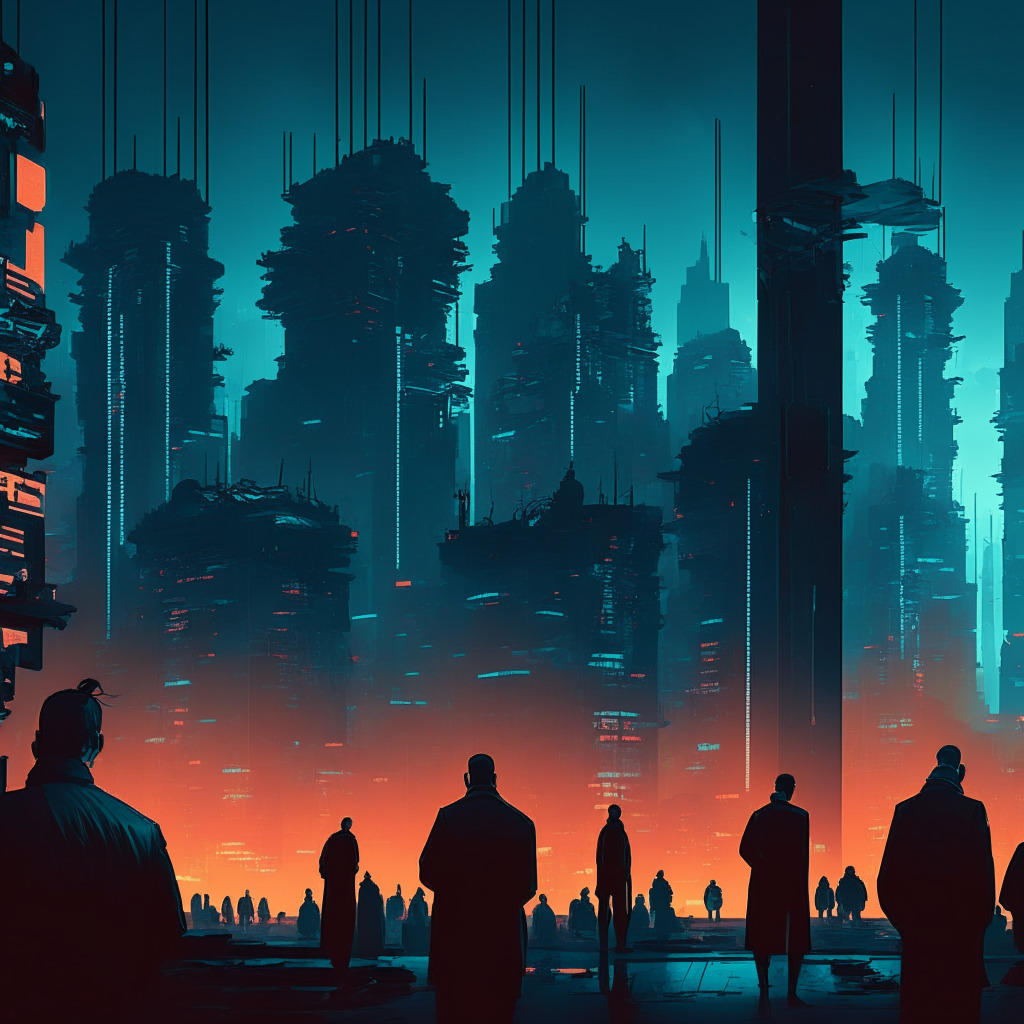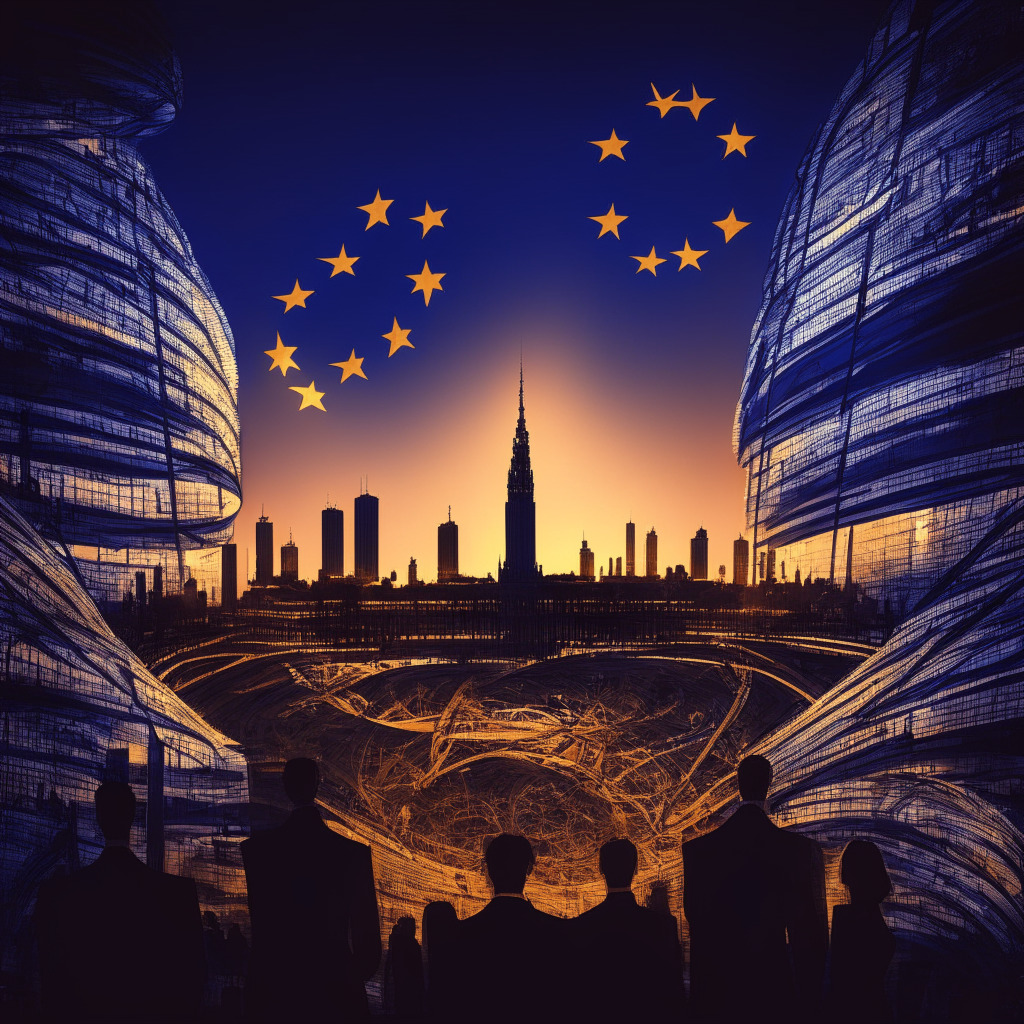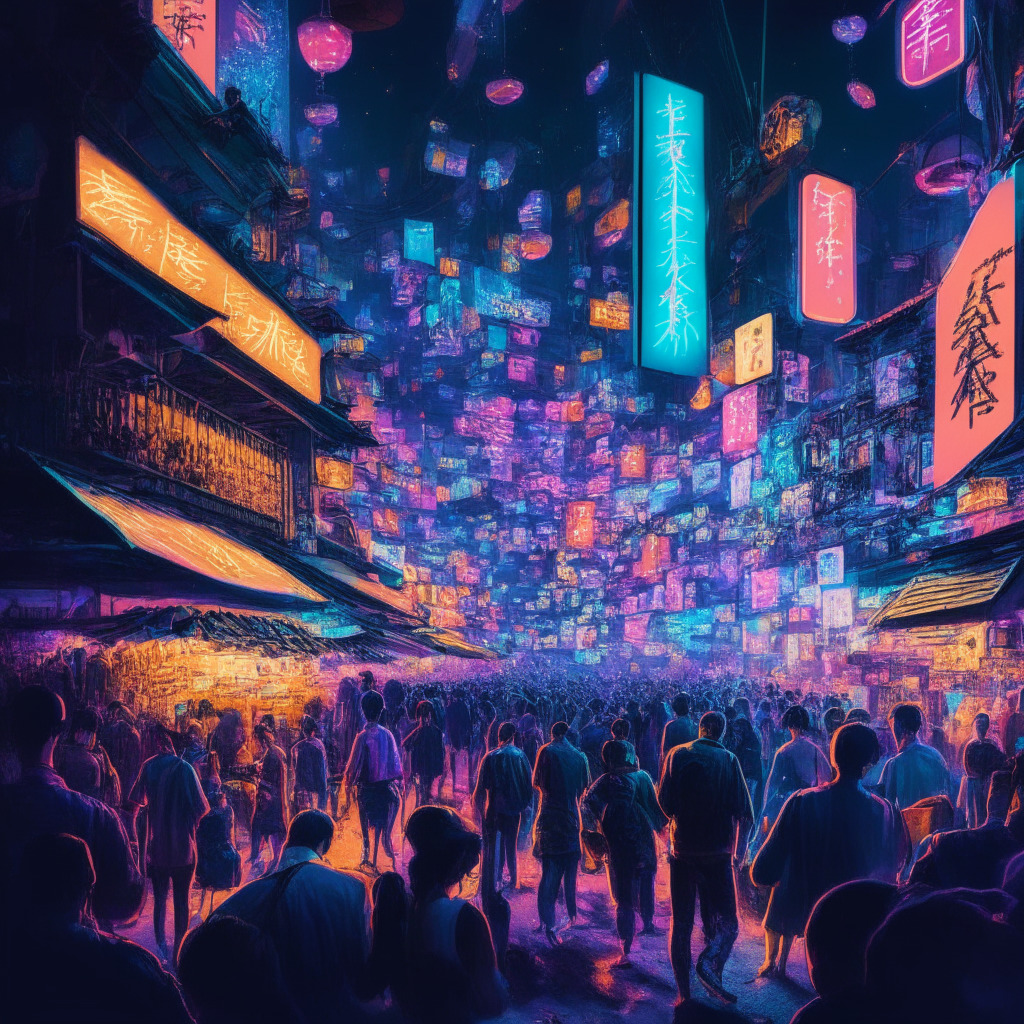The Chinese government is contemplating additional stringency in the realm of artificial intelligence (AI) development, focusing on content control and licensing. A more recent report suggests that China’s Cyberspace Administration (CAC) aspires to implement a system that would mandate local firms to acquire a license prior to releasing generative AI systems.
It is noteworthy that back in April, initial draft regulations released by Chinese officials enabled companies to register their product with the authorities within ten working days post-product launch. However, these updated guidelines aim to narrow the previously designated window of opportunity, arguably exhibiting a tightening grip on AI regulation by the government.
Despite the apparent framework evolution, the core objective remains the same: to ensure AI-generated content is closely vetted and aligns with the central governance philosophy. This regulatory intent calls for content to “embody core socialist values,” in an attempt to prevent any incitement towards undermining national unity or state power.
Interestingly, it was only recently when massive Chinese tech and e-commerce companies like Baidu and Alibaba released their own AI tools. They have taken measures to stay compliant with the new rules by proactively liaising with regulators. Furthermore, these upcoming regulations are expected to place the full responsibility of the content created using AI models on tech companies.
This move does not come without its sceptics. For instance, Senator Michael Bennet from the United States recently called upon tech companies developing this technology to label AI-generated content. Moreover, Vera Jourova, the European Commission’s vice president for values and transparency, expressed concern about “generative AI tools’ potential to generate disinformation”.
Nonetheless, these moves resonate with the broader global trend in AI regulation where lawmakers are becoming increasingly wary of the potential implications of unchecked AI-generated content. Although the move effectively narrows the operating room for AI developers, it also instills a sense of responsibility and accountability around the AI content that is generated.
It remains to be seen how these tight licensing requirements will affect AI developments in China, especially considering the degree of influence Chinese tech giants such as Baidu and Alibaba wield on the global stage. While on one side, these giants will need to align their AI models with regulators’ directives, these added layers of oversight could potentially impact the speed and innovation that these agile, digital behemoths are renowned for.
Source: Cointelegraph




